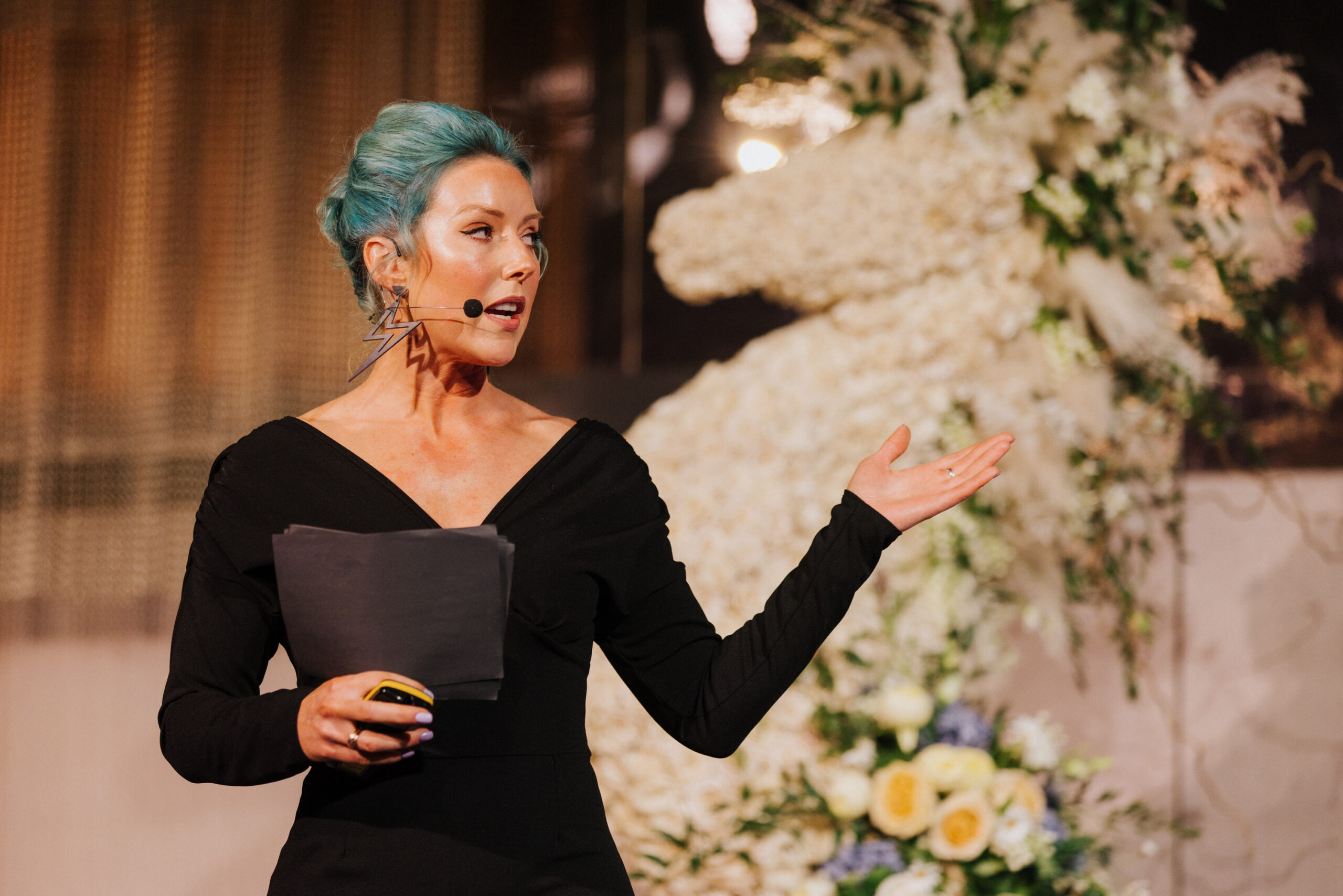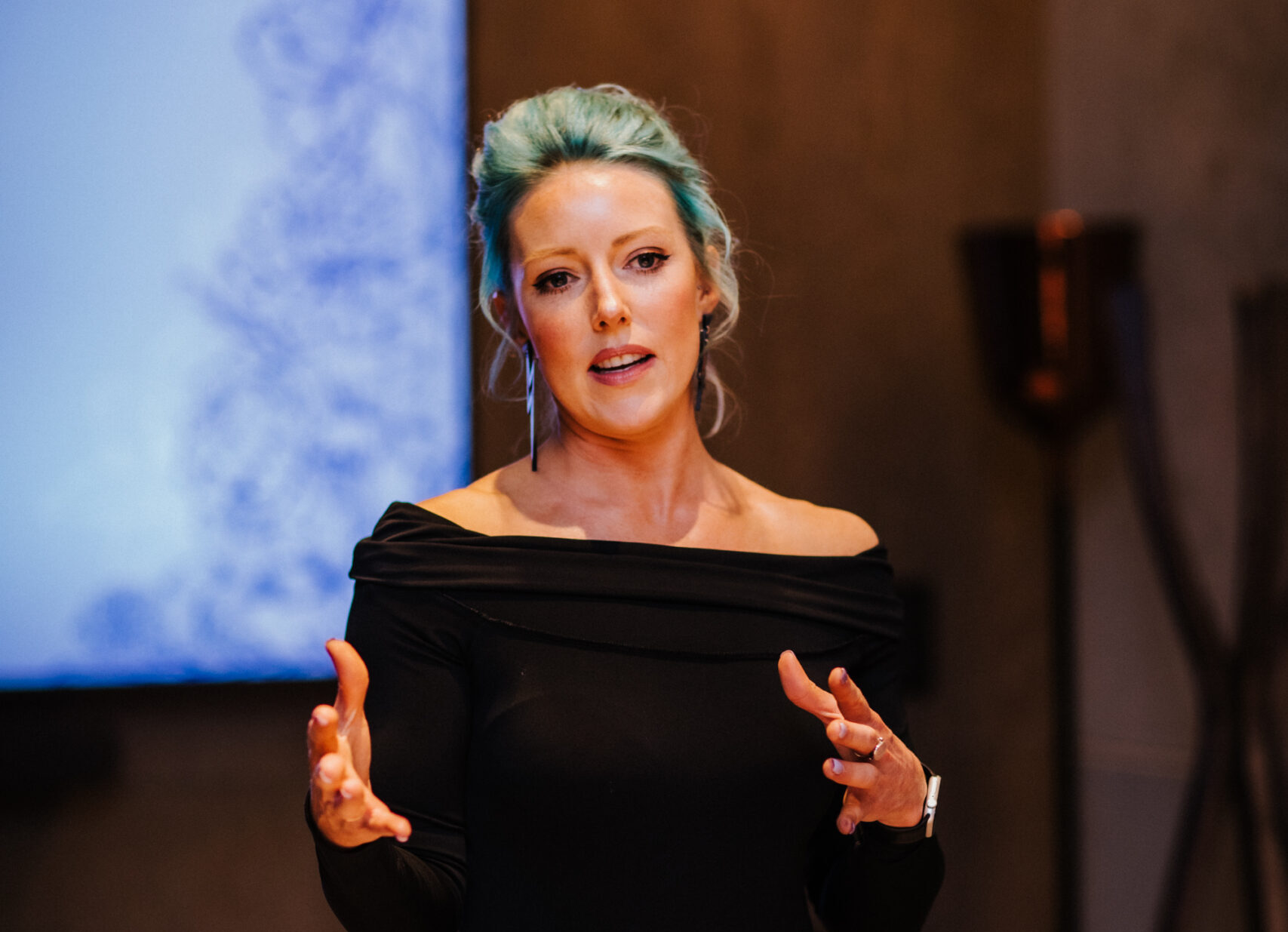When navigating life, with its many complexities, we often find ourselves grappling with a less-than-desirable companion, named anxiety.
Anxiety is a universal human experience and is something all of us are familiar with: it shows up in different ways but is generally described as a state of uneasiness or apprehension about the future…
However, as much as we don’t welcome anxiety and the less-than-desirable “feels” it brings on, we do experience it for valid reasons, and it actually does have a purpose for our greater good!
Anxiety is never going to fully go away, so if you want to improve your relationship with it, better understand it, and learn how to handle it then read on!
Firstly…
What is Anxiety?
Anxiety is a natural response to stress, alerting us to potential threats and preparing the body for action – this is where it benefits us – however, when it exceeds normal levels, it becomes problematic, and hinders our daily functioning and well-being.
The key to understanding anxiety lies in recognising its multifaceted nature, encompassing emotional, cognitive, and physiological elements.
Anxiety manifests itself both in the mind and body.
Mentally, we may experience persistent worry, fear, or racing thoughts, often fixated on potential future events.
Physiologically, our body can respond with reactions such as increased heart rate, shallow breathing, muscle tension, and a heightened state of alertness – known as the “fight or flight” response.
Understanding Anxiety’s Meaning
While reframing our perspective can offer insights into its inherent meaning.
Anxiety is often perceived as a hindrance but at its core, anxiety signals our capacity for foresight and anticipation. It prompts us to consider possible outcomes and take precautionary measures. And so by acknowledging anxiety as a survival mechanism, we can view it as a messenger rather than a nemesis and have a better relationship with it.
But why would we want to do that?
Because viewing anxiety positively is an excellent aid in our personal growth.
Anxiety can serve as a great catalyst for self-discovery as it signals parts of our lives, or ourselves, that we need to work on and encourages us to confront fears, build resilience, and develop coping mechanisms.
Embracing anxiety as a natural part of the human experience fosters a more compassionate self-dialogue which promotes good mental health.
Now this (hopefully) makes sense to you now, however, when anxiety takes hold then logical thinking goes right out of the window!
So practicing self-awareness regularly is the best way to combat the negative effects of anxiety; as always prevention is better than cure!
Handling and Coping Strategies:
- Mindfulness and Meditation: Cultivating mindfulness can help you stay present and grounded. Practices such as meditation force you to focus awareness on the present moment, which can allow you to break the cycle of anxious thoughts. Raising your self-awareness through journaling can help you understand your thought processes better and manage yourself more effectively day to day.
- Physical Exercise: Regular physical activity is a potent stress reliever. Exercise releases endorphins, the body’s natural mood enhancers, and provides an outlet for accumulated tension. Also, movement that is steady and repetitive can help the mind to process thoughts instead of distracting from them.
- Breathing Techniques: Deep, intentional breathing can counteract the physical symptoms of anxiety. Techniques like box breathing promote relaxation and balance in the autonomic nervous system (which is the one that connects the Central Nervous System to organs such as the heart, stomach, and intestines.)
- Social Support: Sharing feelings with trusted friends, family, or a mental health professional really reduces the isolating nature of anxiety by enhancing a sense of connection which makes us feel “safer.”
- Establishing Routine: Creating a structured daily routine provides a sense of predictability, alleviates anxiety associated with uncertainty, and allows your mind to rest easy and your body to follow suit.
- Limiting Stimulants: Caffeine and other stimulants can exacerbate anxiety symptoms. Moderating their intake will enable you to be more balanced with your emotional state.
- Setting Realistic Goals: Breaking larger tasks into smaller, manageable goals helps prevent feeling overwhelmed and reduces anxiety triggers. If you feel overwhelmed thinking about a task you have to do or achieve then this is a signal to break it down further.
- Cognitive Behavioural Therapy (CBT): CBT is a therapeutic approach that can help you identify and reframe negative thought patterns. Working with a therapist on this initially can help greatly and equip you with the tools to manage anxiety in the future by altering your cognitive responses.
Reframing things can take us from a place of feeling powerless to powerful and so reframing your perspective on anxiety can actually transform it from a perceived adversary into a guide for your personal growth! How great is that?
Committing to continually raising your self-awareness, practicing self-compassion, seeking support, and implementing coping strategies creates a holistic approach to managing anxiety, which empowers you to navigate life’s challenges with resilience and ease.
So as you navigate this tricky road of life and the sometimes (ok, often!) confusing human experience, choose to embrace anxiety – See it as ON the way, not IN the way – and view it as a teacher, guiding you towards a better understanding of yourself and the world around you.
If you enjoyed this the check out the following posts:
The Difference Between Stress and Burnout
Get Good At Shifting Perspective
Or why not book in a discovery call with me to learn how I can help you overcome the specific life challenges you are currently facing? It’s totally free and you’ll get some practical advice you can put straight into action on our call – Win Win!





